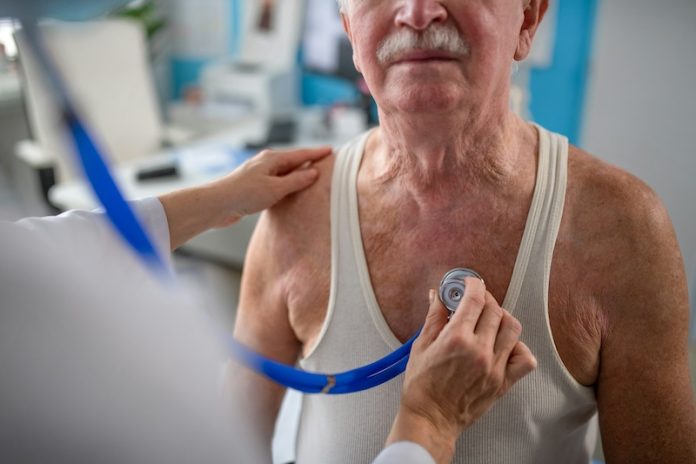
In a new study at the Broad Institute of MIT and Harvard and Massachusetts General Hospital, scientists have discovered that certain gut bacteria might play a significant role in reducing cholesterol levels and, consequently, the risk of heart disease.
This research, which takes a deep dive into the connections between our gut microbiome and cardiovascular health, offers hope for new, non-pharmaceutical methods to manage heart disease.
The study, published in the journal Cell, focused on participants from the Framingham Heart Study, a long-term project exploring risk factors for heart disease.
By analyzing microbial genomes and metabolites in over 1,400 participants, the researchers identified bacteria of the genus Oscillibacter as key players in cholesterol consumption.
Individuals with higher levels of these bacteria in their guts showed lower cholesterol levels, suggesting a natural method of reducing heart disease risk.
This discovery is particularly exciting because it suggests that interventions aimed at altering the gut microbiome could become a novel strategy for lowering cholesterol in humans.
The findings lay a foundation for future research into how microbiome alterations can influence health and disease, moving us closer to personalized medicine approaches in cardiovascular health management.
The research team, led by Ramnik Xavier, employed a combination of shotgun metagenomic sequencing and metabolomics. This approach allowed them to map out all microbial DNA in a sample and measure various metabolites.
Their innovative methodology revealed over 16,000 associations between microbes and metabolic traits, including a strong link between the presence of Oscillibacter species and reduced cholesterol levels.
The study went beyond identifying this association, as the researchers were also able to grow the Oscillibacter bacteria in the lab, tracing the specific biochemical pathway these microbes use to break down cholesterol.
This pathway involves converting cholesterol into intermediate products that can be further broken down by other bacteria and expelled from the body, highlighting a complex interplay within the gut microbiome that influences our health.
Furthermore, the team discovered another bacterial species, Eubacterium coprostanoligenes, which also aids in decreasing cholesterol levels.
This species works in tandem with Oscillibacter, suggesting that combinations of bacterial species in our gut microbiome could have synergistic effects on our health.
This research is a significant step forward in our understanding of the gut microbiome’s role in heart disease. By identifying specific bacteria and enzymes involved in cholesterol metabolism, the study opens up new possibilities for targeted therapeutic strategies.
Instead of focusing on altering the entire microbiome, future interventions might aim at enhancing the presence or activity of specific beneficial bacteria.
The findings also underscore the complexity of the gut microbiome and its vast potential for influencing health.
With many genes in the gut microbiome still uncharacterized, the researchers believe that further exploration could reveal additional metabolic pathways impacted by gut microbes, offering new targets for therapeutic intervention.
This study is a beacon of hope for millions at risk of heart disease, suggesting that one day, managing heart health could be as simple as modifying our gut bacteria.
It’s a reminder of the intricate connections between different systems in our body and how understanding these relationships can lead to innovative treatments for some of our most challenging diseases.
If you care about heart health, please read studies that vitamin K helps cut heart disease risk by a third, and a year of exercise reversed worrisome heart failure.
For more information about heart health, please see recent studies about supplements that could help prevent heart disease, stroke, and results showing this food ingredient may strongly increase heart disease death risk.
The research findings can be found in Cell.
Copyright © 2024 Knowridge Science Report. All rights reserved.



